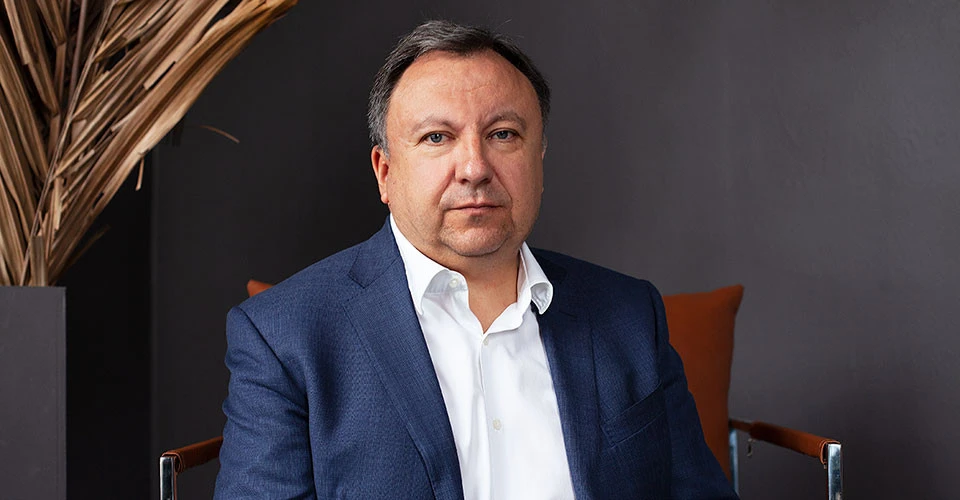
Russian troops heavily rely on Telegram
This isn't just the headline of today’s article in Politico; it's a well-known fact for every Ukrainian. Attacks on our infrastructure are coordinated through Telegram. The recruitment of those who set fire to military vehicles in Ukrainian territory happens via Telegram. In fact, all of us sitting in the dark after yesterday’s massive attack owe our "thanks" to this platform
On this platform, we have both the channels of the President of Ukraine and the Prime Minister, as well as terrorist groups like the Islamic State. There’s a Telegram channel for an official advisor on Ukrainian refugees and others for drug trafficking across Europe. The Ministry of Statistics uses it to organize chatbots with data from state registers, while the Russian GRU uses it to carry out sabotage and terror attacks across Europe.
It’s telling that the Russian authorities reacted more sluggishly to the invasion of the Kursk region than to the arrest of Telegram’s owner. A country that blocks Facebook, Instagram, Twitter, and even restricts TikTok, suddenly becomes the biggest advocate for free speech — only when it’s about a platform used by Russian security forces and saboteurs.
The problem with Telegram is that it’s a closed, insecure platform that disregards laws and is tied to an aggressor state. Yet, Ukraine's government does a lot to promote it, giving users the false impression that it’s a safe and legitimate platform. Which, of course, it isn’t.
To address this, my colleagues and I registered a draft law many months ago. We propose simple, transparent rules for the operation of this platform. If these rules are ignored, the law would ban all public communications by state bodies through Telegram. And if the state can’t prevent violations on the platform, it should at least stop popularizing it.
About the author. Mykola Knyazhytskyi, journalist, People's Deputy of Ukraine
The editors do not always share the opinions expressed by the blog authors.
- News











































